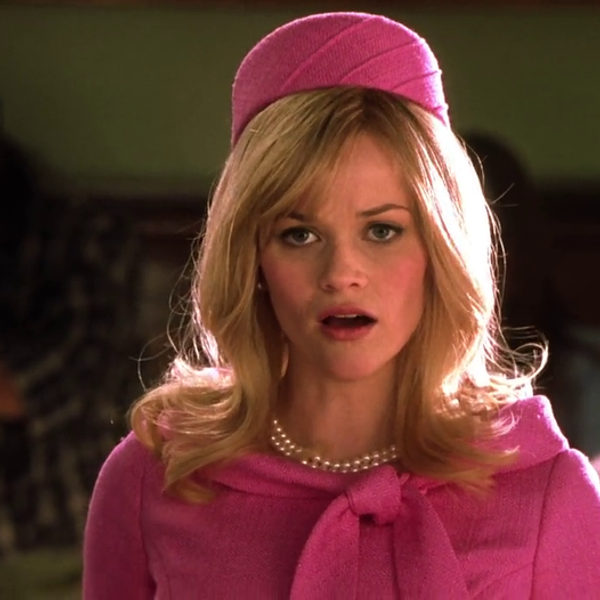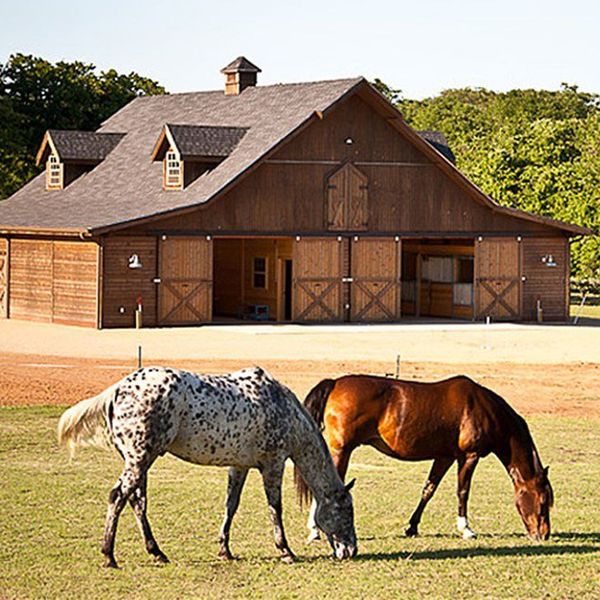When I was a teenager, I dreamed of making decisions for myself one-day. No adult supervision or approval, being my own boss, shaping my own destiny, blah blah blah on my own and independent.
Now I’m finally an adult, but feel the complete opposite about making decisions. Sometimes I just want an authority figure to tell me what I should do, explain why it’s best for me, and give me step-by-step instructions on how to do it.
Throughout the past few years, I felt like I stood on cliff sides when making a decision. There are the big ones like what college to go, what major to take, what jobs to apply to. Those are so important to your formative years and yet they’re left up to you, sometimes with no basis or standard on what to choose on. Those choices can be haunting, but I personally feel like I did pick the right college, major, and post-grad job in the end.
Yet still today, I often like LeBron James when ESPN aired a 1-hour special announcing his decision to leave the Cleveland Cavaliers and join the Miami Heat: The whole world is watching me make a tough decision that isn’t popular, but I know is best for me. And when I finally tell the world my decision they grab their pitchforks and torches and burn my jerseys and curse my name.
And this happens to me on small things. Things with trivial meaning and little consequences. It’s because I feel that all-of-the-sudden whatever mug I drink out of or what shirt I wear or what I eat for dinner is the difference between high happiness or low sadness.
In fact, the easiest decision I can ever remember making was who I voted for in the 2016 Presidential election. (Read my early articles to see who and why.) Yet even with all that, I know my only way out of this, and that is to come out of my shell as a submissive loyalist into a firm and confident leader of my own destiny. As Jon Snow was told, “Kill the boy, become the man.”
There are also two pieces of literature I think of when pondering on my decision-making struggles. One is from Sylvia Plath’s masterwork The Bell Jar which was quoted in Aziz Ansari’s Netflix show Master of None:
“I saw my life branching out before me like the green fig tree in the story. From the tip of every branch, like a fat purple fig, a wonderful future beckoned and winked. One fig was a husband and a happy home and children, and another fig was a famous poet and another fig was a brilliant professor, and another fig was Ee Gee, the amazing editor, and another fig was Europe and Africa and South America, and another fig was Constantin and Socrates and Attila and a pack of other lovers with queer names and offbeat professions, and another fig was an Olympic lady crew champion, and beyond and above these figs were many more figs I couldn't quite make out. I saw myself sitting in the crotch of this fig tree, starving to death, just because I couldn't make up my mind which of the figs I would choose. I wanted each and every one of them, but choosing one meant losing all the rest, and, as I sat there, unable to decide, the figs began to wrinkle and go black, and, one by one, they plopped to the ground at my feet.”
This book was published in January of 1963 yet never I have related more to a work of literature (except The Catcher in the Rye). There are so many wonderful dreams and opportunities to explore that the agony over the decision makes me question whether the power of free will is a blessing or curse.
I see myself as Hamlet at The Globe theater, writing complex epic novels in my humble abode, drawing wacky cartoons as an animator, singing Music of the Night on Broadway, playing Comfortably Numb on the guitar, talking to looney Eagles fans as a sports radio host, meeting the deadline for the Inquirer, marching amongst a crowd at Washington, traveling through Asia, doing stand-up comedy on stage, and simply being a happy husband and father. There are so many great things to do that I simply want to do all of them, and picking just one feels impossible.
And then there is Robert Frost’s most iconic poem The Road Not Taken, which is simply about how a person has to choose between two paths to take. He is so consumed by each option, that he laments that fact that he’ll never experience one of them. That is often the feeling I have: what if at the moment I least expect, I’m confronted with a decision and I analyze both options too much. Even though I know it’s not better, sometimes having no choice in a matter is comforting because you can’t choose wrong.
Ultimately, decision-making isn’t as easy as I thought it would be as a teenager, and it’s something I need to get better at in the coming years. Not every decision made will be ideal in ideal circumstances, but you have to make the decision you think is best and stick with it, that way you’ll have no regrets. LeBron James's decision to go Miami in 2010 turned out well for everyone in the end, and I think so will mine.
To finish this with a quote from Lawrence Peter “Yogi” Berra:
“If you see a fork in the road, take it.”






















